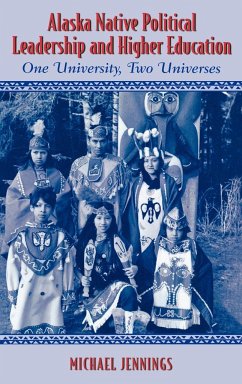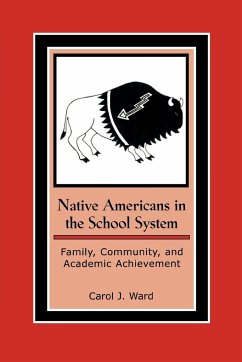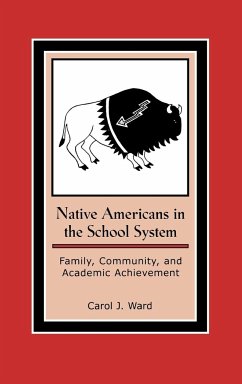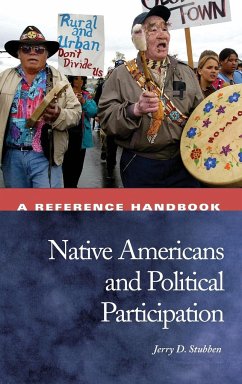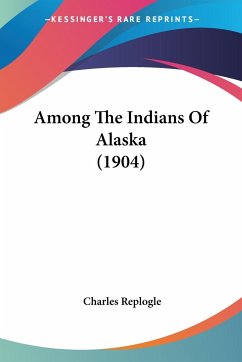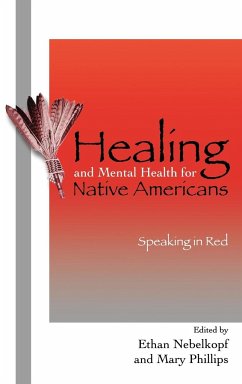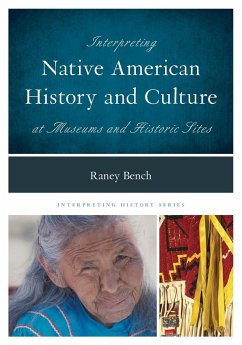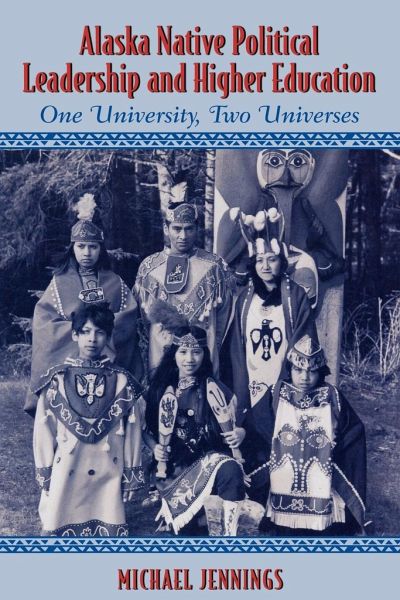
Alaska Native Political Leadership and Higher Education
One University, Two Universes

PAYBACK Punkte
28 °P sammeln!
Through an in-depth study of Alaskan indigenous communities, Jennings explores the relationship between land and education. He reveals how Euro-American institutions attempt to redefine indigenous understandings of land and spirituality to make them conform to those in the dominant society. The author proposes educational agendas that are components of native sovereignty, with their distinctive spiritual, intellectual, and material relationships to land. This book is valuable for educational policymakers, and instructors in education, anthropology and Native American studies.





